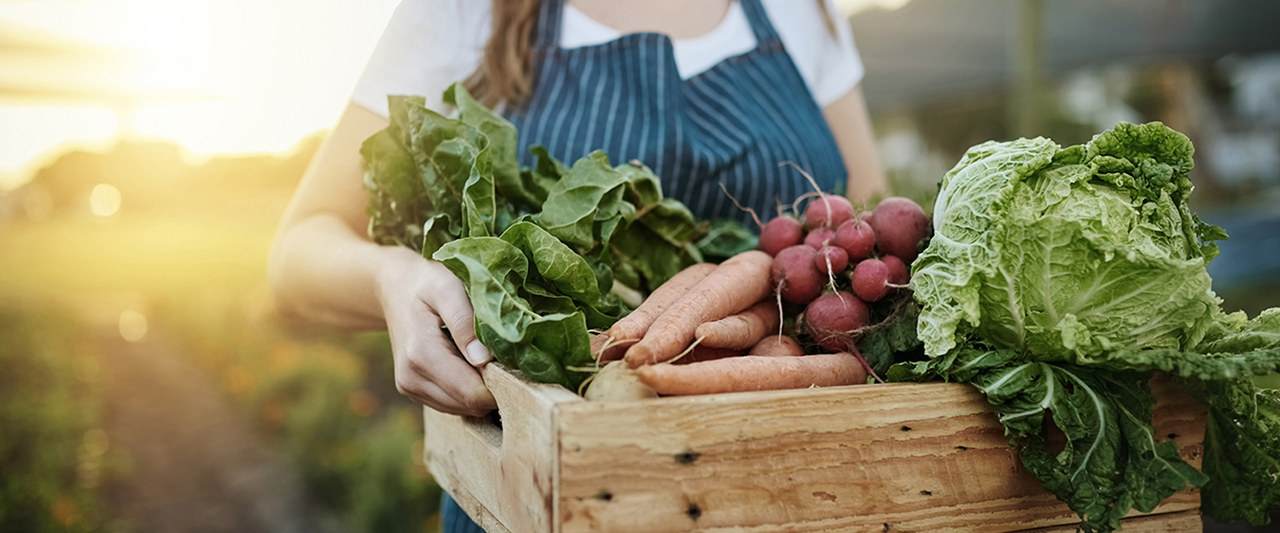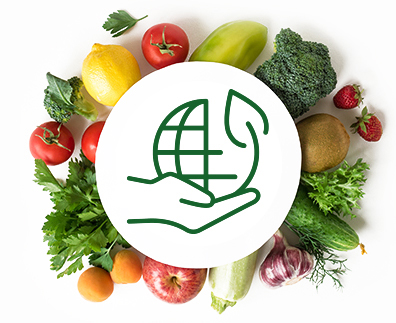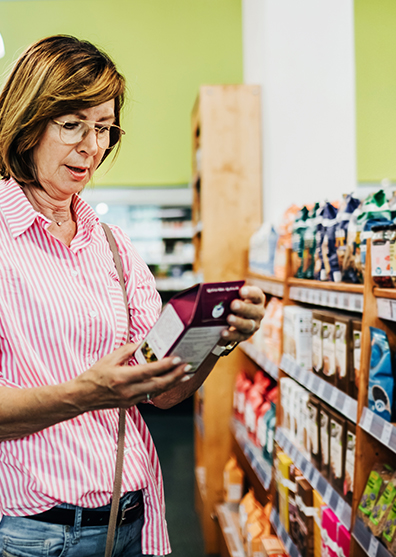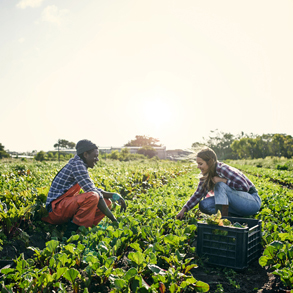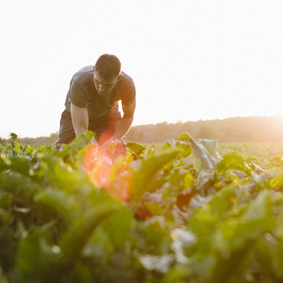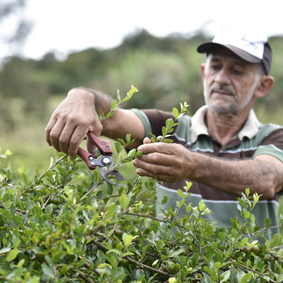COVID-19 may drive concern about food standards, which can benefit foods with a high quality image, like organics
In the five year period between October 2015 and September 2020, the percentage of global food and drink products with an organic claim increased approximately from 9% to 11%, according to Mintel GNPD. Organic food and drink, despite their higher price points, may continue to prove popular with consumers during the ‘next normal’ under the shadow of COVID-19.
Indeed, 67% of Chinese consumers and 40% of US consumers think that an impact of the COVID-19/coronavirus outbreak will be that ‘higher quality products’ will be most important to them when choosing food going forward1. 27% of US consumers buy organic food and drink because they are higher in overall quality9.
51% of South Korean consumers agree that proof that a product is produced in a safe and hygienic environment is an important quality in food/drink post-COVID4. Some consumers believe that organic food are superior on food safety grounds, with 23% of German consumers agree that high food safety standards are the reason they buy organic food and drink8.


